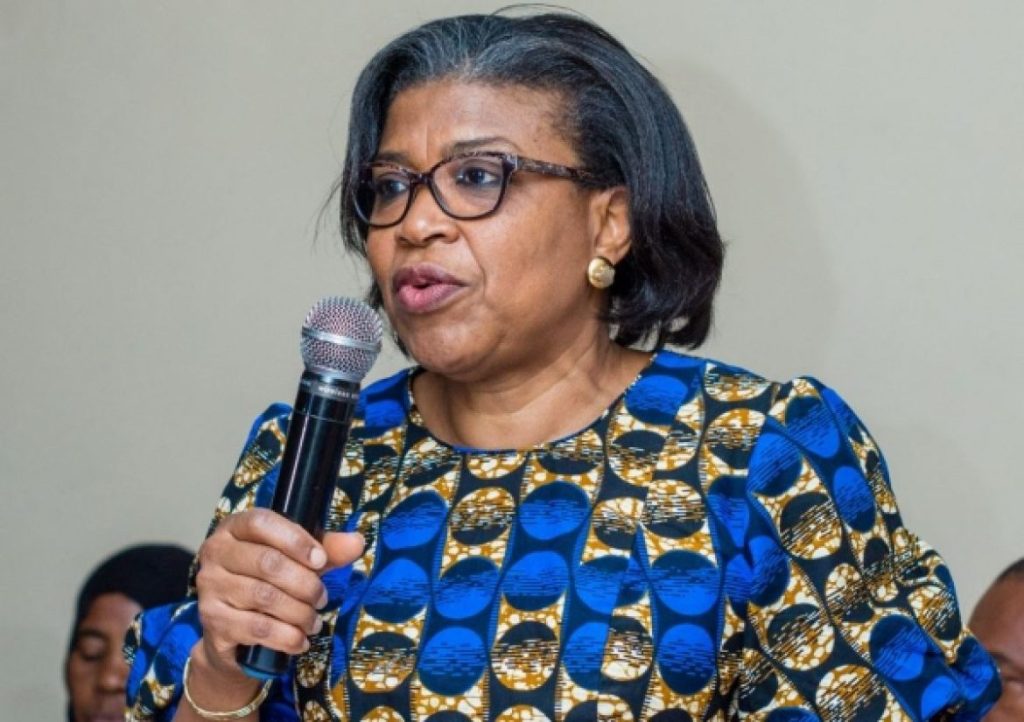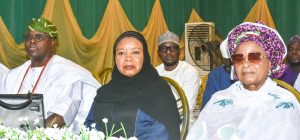Nigeria’s public debt hits N149 trillion amid rising domestic borrowing

Nigeria’s total public debt has risen to N149.4 trillion ($97.2 billion) in the first quarter of 2025, reflecting a 3.2 per cent incr…
Nigeria’s total public debt has risen to N149.4 trillion ($97.2 billion) in the first quarter of 2025, reflecting a 3.2 per cent increase from N144.7 trillion ($94.2 billion) recorded at the end of 2024, according to new data released by the National Bureau of Statistics (NBS) on Friday.
The report attributed the growth largely to a surge in domestic borrowing, which climbed to N78.8 trillion, as the federal government relied more heavily on naira-denominated loans to finance its spending. Consequently, domestic debt accounted for 52.7 per cent of total public debt, while external obligations made up 47.3 per cent.
Nigeria’s debt levels have accelerated sharply since President Bola Tinubu assumed office in May 2023. In less than two years, the country’s total debt stock in naira terms has jumped by 348.6 per cent — from N33.3 trillion in June 2023 to N149.4 trillion in March 2025.
A key indicator of fiscal strain, the debt service-to-revenue ratio, stood at 156.8 per cent as of early May 2025, a dramatic increase from 29.1 per cent in 2014. This means Nigeria now spends significantly more than it earns in revenue servicing its debts.
Amid growing fiscal pressures, President Tinubu this week sought parliamentary approval to raise $2.3 billion in Eurobonds and issue an additional $500 million in sukuk bonds. According to the president, the funds will be used to refinance maturing debts and finance critical infrastructure projects nationwide.
The NBS data also showed that Lagos State maintained the highest domestic debt profile at N874.03 billion, followed by Rivers State with N364.39 billion. Jigawa and Ondo States recorded the lowest domestic debts, with N1.06 billion and N11.76 billion respectively.
Meanwhile, Minister of Finance and Coordinating Minister of the Economy, Wale Edun, reiterated the federal government’s commitment to improving debt sustainability through refinancing and fiscal reforms. Speaking at the 55th Annual Accountants Conference, Edun said the administration plans to refinance high-cost debts and centralise government funds under the supervision of the Central Bank of Nigeria (CBN) to enhance transparency and reduce borrowing costs.
“We are taking deliberate steps to refinance our expensive debt and bring down the cost of borrowing,” Edun said. “This will ease fiscal pressure, free up resources for development spending, and strengthen Nigeria’s long-term fiscal position.”
The government maintains that its ongoing fiscal and monetary reforms are beginning to improve Nigeria’s debt outlook, even as analysts warn that sustained borrowing without stronger revenue growth could deepen fiscal vulnerabilities in the medium term.




**mind vault**
mind vault is a premium cognitive support formula created for adults 45+. It’s thoughtfully designed to help maintain clear thinking
Good post. I learn something new and challenging on blogs I stumbleupon every day.
It will always be exciting to read articles from other authors
and practice something from other websites.
Đến với J88, bạn sẽ được trải nghiệm dịch vụ cá cược chuyên nghiệp cùng hàng ngàn sự kiện khuyến mãi độc quyền.
采用高效谷歌站群策略,快速提升网站在搜索引擎中的可见性与权重。谷歌站群
Đến với J88, bạn sẽ được trải nghiệm dịch vụ cá cược chuyên nghiệp cùng hàng ngàn sự kiện khuyến mãi độc quyền.
iwin – nền tảng game bài đổi thưởng uy tín, nơi bạn có thể thử vận may và tận hưởng nhiều tựa game hấp
Với giao diện mượt mà và ưu đãi hấp dẫn, MM88 là lựa chọn lý tưởng cho các tín đồ giải trí trực tuyến.
苹果签名,苹果超级签平台,ios超级签平台ios超级签苹果企业签,苹果超级签,稳定超级签名
Đến với J88, bạn sẽ được trải nghiệm dịch vụ cá cược chuyên nghiệp cùng hàng ngàn sự kiện khuyến mãi độc quyền.
Đến với J88, bạn sẽ được trải nghiệm dịch vụ cá cược chuyên nghiệp cùng hàng ngàn sự kiện khuyến mãi độc quyền.
Với giao diện mượt mà và ưu đãi hấp dẫn, MM88 là lựa chọn lý tưởng cho các tín đồ giải trí trực tuyến.
Tham gia cộng đồng game thủ tại Go88 để trải nghiệm các trò chơi bài, poker phổ biến nhất hiện nay.